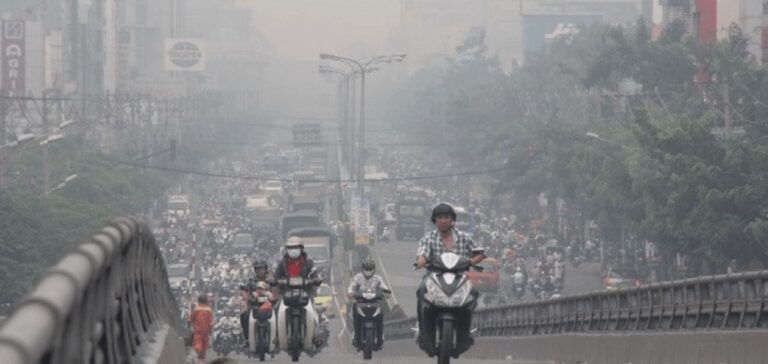Vietnam is establishing a carbon market to regulate and control industrial greenhouse gas (GHG) emissions. The decision to delay its launch to 2029 aligns with the government’s intent to fine-tune the regulatory framework and ensure a smooth transition for businesses.
An Evolving Regulatory Framework
Vietnam’s carbon market is based on several key legislative texts, including Decree No. 06/2022/ND-CP, which defines the rules for emission reporting and quota trading. Decision No. 232/QĐ-TTg, signed by Deputy Prime Minister Trần Hồng Hà, postponed the implementation timeline and outlined the key steps for the pilot phase from 2025 to 2028.
Amendments proposed in April and December 2024 further clarify quota allocation methods, reporting obligations, and eligibility criteria for companies. These adjustments reflect the government’s effort to align its framework with international standards while considering local economic conditions.
A Pilot Phase Before Full Implementation
The carbon market will be introduced in multiple stages. By June 2025, the regulatory framework will be finalized, defining quota allocation rules and emission monitoring methodologies. A pilot phase will then run until the end of 2028, involving approximately 100 industrial facilities, particularly in the energy, metallurgy, and cement sectors. These industries account for nearly 40% of regulated emissions.
Selected companies will have to comply with allocated emission quotas and will be able to buy or sell allowances on a dedicated platform. This phase will assess the system’s effectiveness and allow for adjustments before full-scale deployment in 2029.
Targeted Sectors and Quota Allocation
Vietnam’s carbon market will primarily focus on three high-emission industrial sectors:
– Energy: Coal- and gas-fired power plants.
– Metallurgy: Steel production and blast furnace operations.
– Cement: Clinker manufacturing and cement production.
The Ministry of Industry and Trade (MOIT) will propose quotas for thermal power plants and steel plants, while the Ministry of Construction (MOC) will oversee cement sector quotas. The first quota allocations will be distributed in December 2025 for the years 2025 and 2026, followed by additional allocations in October 2027 and October 2029.
Interaction with International Mechanisms
Vietnam plans to integrate its carbon market with international carbon credit mechanisms, including:
– Clean Development Mechanism (CDM), inherited from the Kyoto Protocol.
– Joint Crediting Mechanism (JCM), a bilateral partnership primarily with Japan.
– Article 6 of the Paris Agreement, allowing for the international transfer of mitigation outcomes (ITMO).
In the long term, the government may connect its market to regional or global platforms to improve liquidity and offer businesses greater flexibility in their carbon offset strategies.
A Strategic Response to the EU’s CBAM
The European Union has introduced a Carbon Border Adjustment Mechanism (CBAM) that will tax imports of certain products based on their carbon footprint. For Vietnamese businesses, particularly in steel and cement, this measure could result in additional costs.
By establishing a carbon market, the Vietnamese government aims to:
– Avoid double taxation: Companies already paying a carbon price in Vietnam may, under certain conditions, receive exemptions or reductions on additional EU levies.
– Strengthen competitiveness: The cement and steel sectors, particularly affected by CBAM, will be encouraged to lower emissions to maintain market access in Europe.
– Align with international standards: A national carbon market with a robust monitoring and verification system would facilitate recognition of Vietnam’s decarbonization efforts by trade partners.
Implications for Businesses and Investors
The establishment of a carbon market presents several challenges for Vietnamese businesses. They must adapt to new requirements for measuring, reporting, and verifying emissions while optimizing costs.
Economic players will be encouraged to adopt low-carbon technologies to minimize exposure to quota costs. Additionally, companies that proactively adapt to these changes could gain privileged access to international financing dedicated to the energy transition.






















